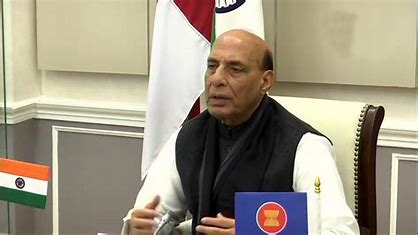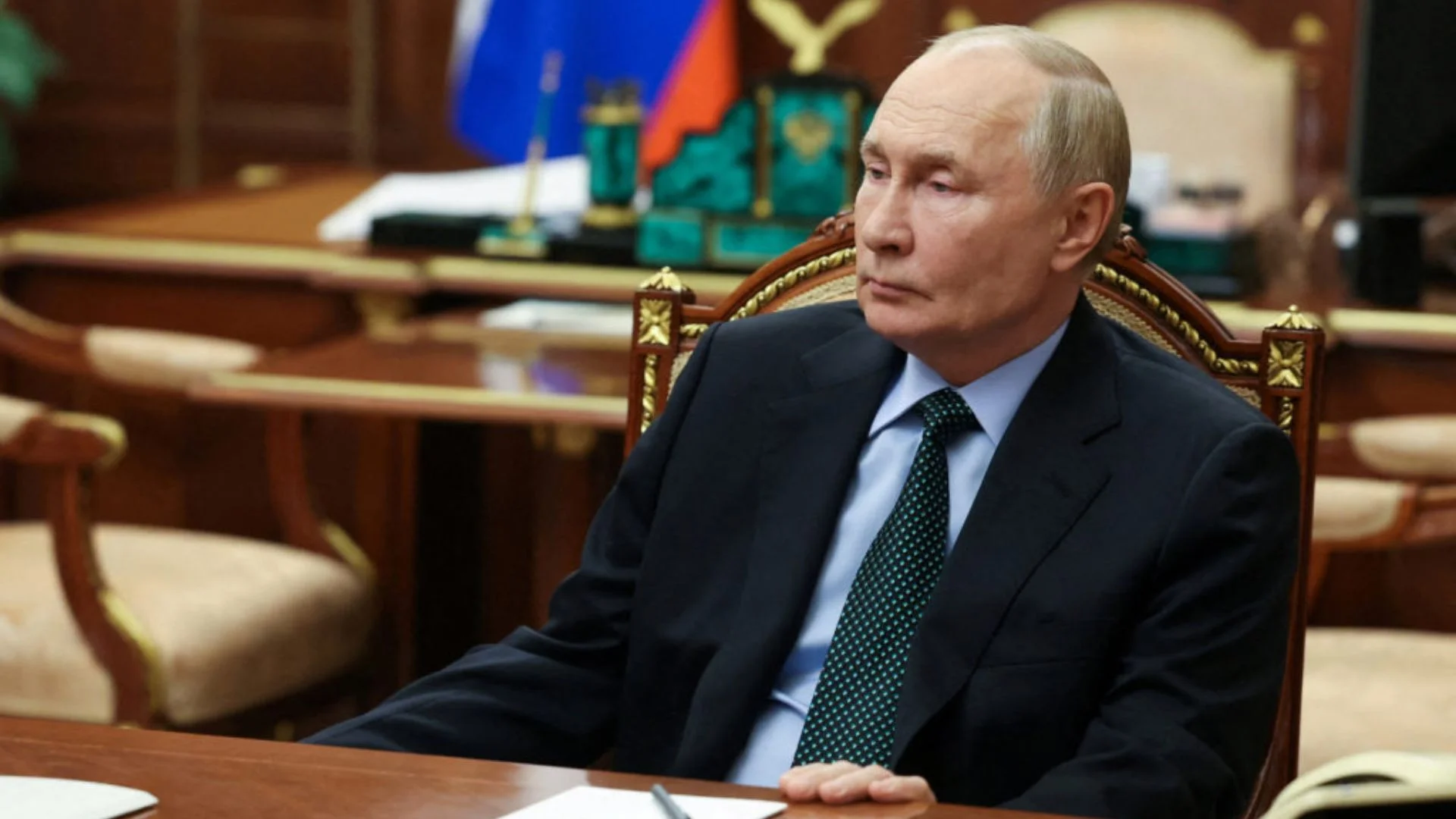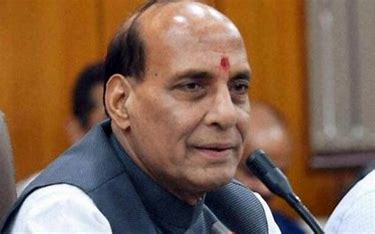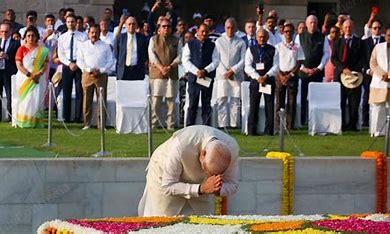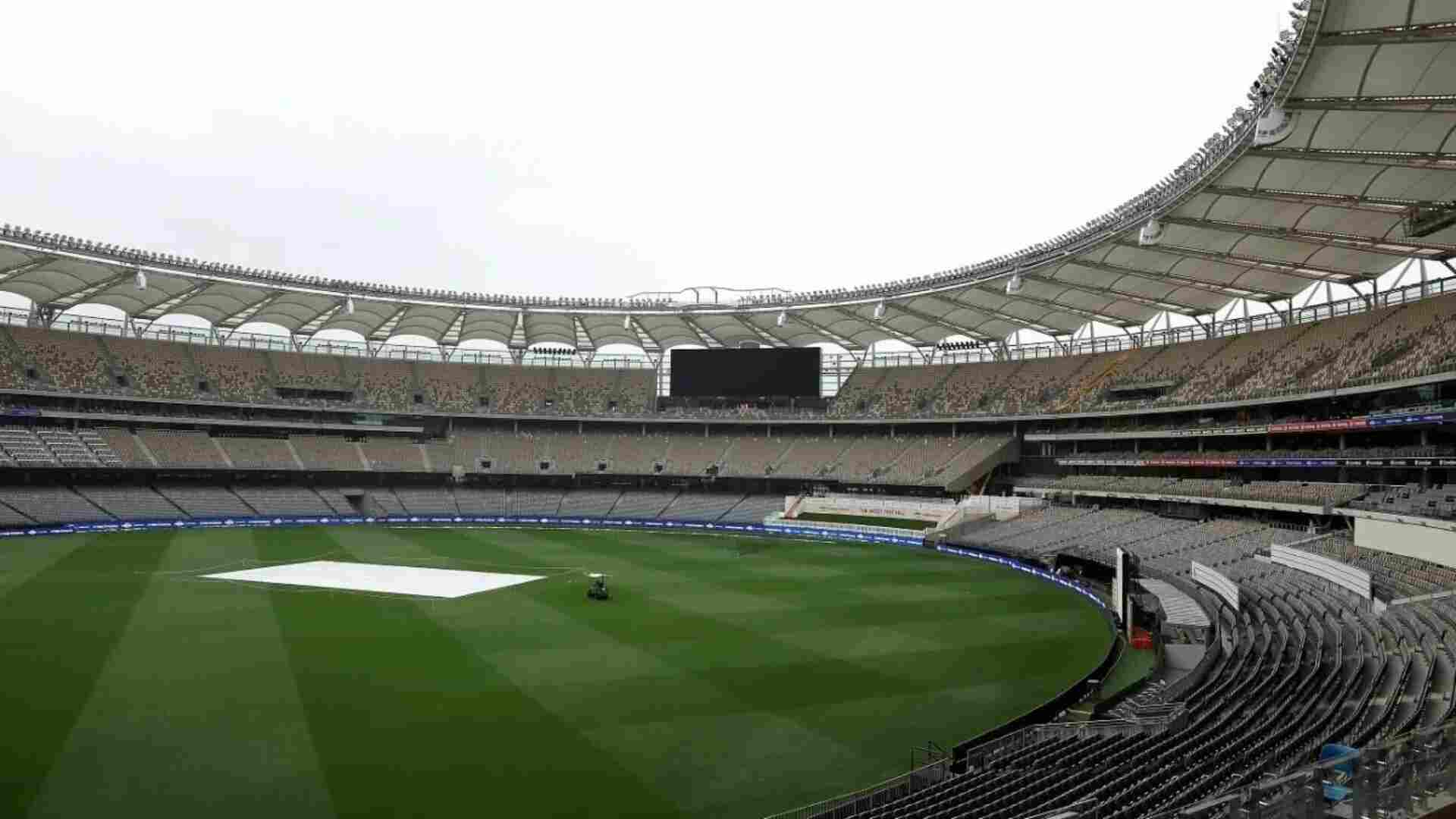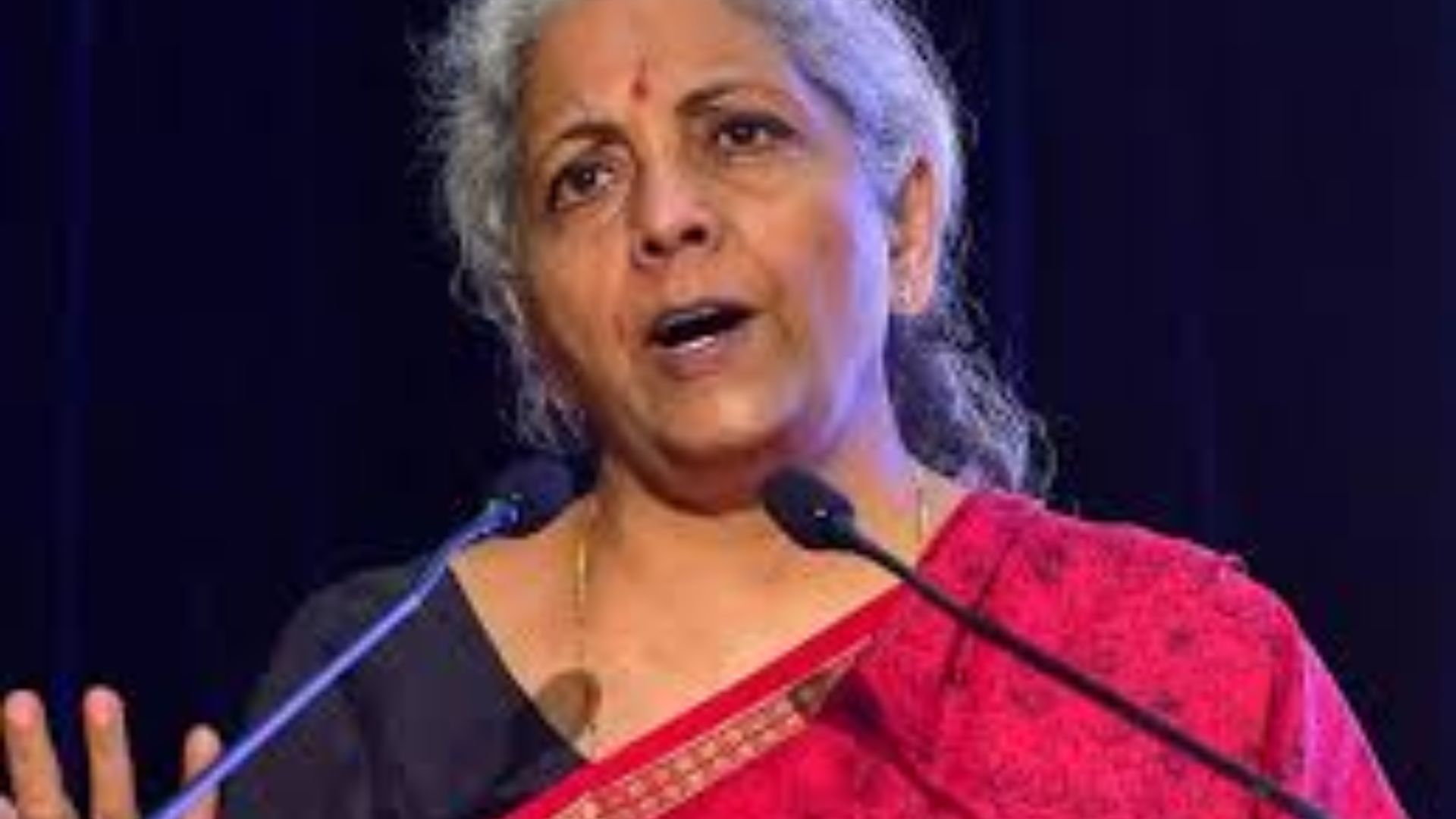
Union Finance Minister Nirmala Sitharaman is scheduled to respond to the discussion on the Finance Bill in Lok Sabha later today, likely around 4 PM. The Lok Sabha has started the discussion on the Finance Bill following the passage of the Appropriation Bill for the central government’s expenditure for 2024-25 on Monday. The completion of the budget process will occur with the passage of the Finance Bill by Parliament.
Presenting the Union Budget for 2024-25, Sitharaman set the fiscal deficit target at 4.9% of GDP, with plans to reduce it below 4.5% by 2025-26. The government has allocated a capital expenditure outlay of Rs 11.11 lakh crore for 2024-25, marking an 11.11% increase. Capital expenditure is used to establish long-term physical or fixed assets.
A key focus of the Budget is the adjustment of basic customs duty (BCD) on various products to lower the cost of commonly used items. Duties on imported gold, silver, leather goods, and seafood were reduced. The customs duties on 25 critical minerals were fully exempted, and BCD on two of them was reduced. These changes aim to support domestic manufacturing, enhance local value addition, promote export competitiveness, and simplify taxation while considering public interest.
However, there were increases in both long-term and short-term capital gains taxes, with short-term gains on “specified” financial assets now attracting a 20% tax rate and long-term gains a 12.5% rate. Exemptions on capital gains for lower and middle-income classes have been raised from Rs 1 lakh to Rs 1.25 lakh per year.
An amendment in the Finance Bill offers relief on capital gains tax in property transactions. Taxpayers can choose between a lower 12.5% tax without indexation or a higher 20% tax with indexation for properties acquired before July 23, 2024.
To support the startup ecosystem, Sitharaman proposed abolishing the angel tax for all classes of investors, a long-standing industry demand. This move is expected to drive more investments into startups.
Sitharaman presented the Union Budget 2024 on July 23, her seventh consecutive budget, surpassing the late Morarji Desai’s record of six consecutive budgets. The interim budget on February 1 addressed financial needs until the formation of a new government after the Lok Sabha elections. The budget session of Parliament, which began on July 22, will conclude on August 12.
Chief Economic Adviser V Anantha Nageswaran projected India to remain the fastest-growing major economy in 2024-25, with growth estimated at 6.5-7.0% .
